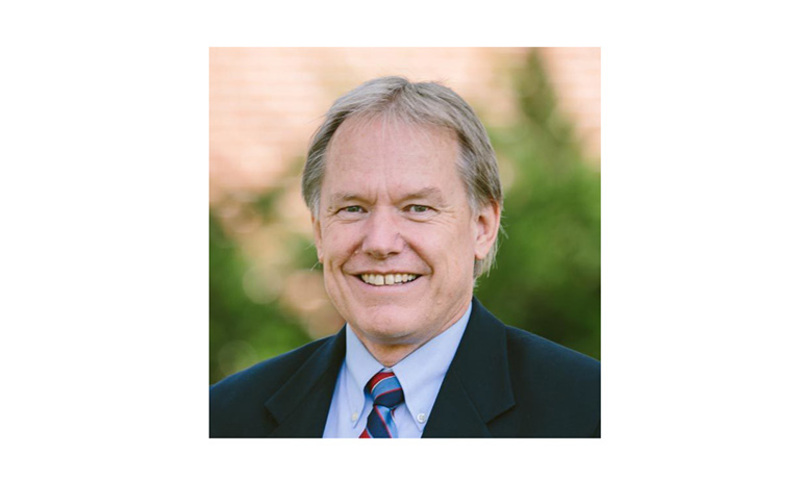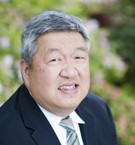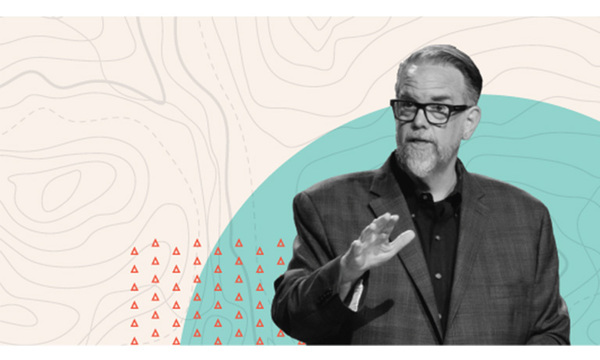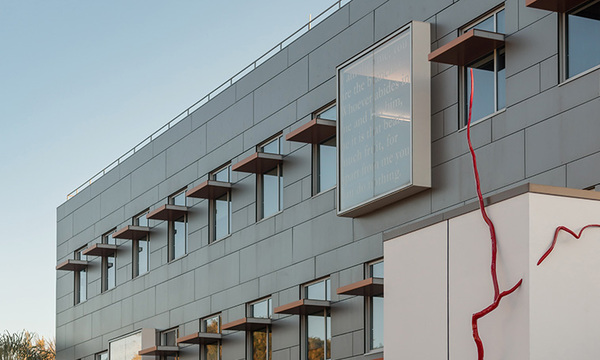Clint Arnold (B.A. ’80; M.Div. ’83) is the former dean of Talbot (2012–2022) and the past president of the Evangelical Theological Society (2011). He serves on the translation oversight committee for the English Standard Version (ESV). Arnold is the editor of the four-volume Zondervan Illustrated Bible Backgrounds Commentary, for which he wrote commentaries on Acts, Ephesians and Colossians. He is also the general editor of the Zondervan Exegetical Commentary on the New Testament for which he has written the volume on Ephesians. He has recently completed the commentary on Colossians for the Word Biblical Commentary series.
Q: Share briefly about your upbringing, family, education and place you grew up.
My growing up years were spent in ranching and farming. I was born in Bishop, California, and spent most weekends on my grandparents’ cattle ranch riding horses, chasing chickens, running from turkeys and playing with my cousins. The second half of my childhood was spent on the other side of the Sierras in Shafter, California, where I worked every summer in the cotton fields. But it was there that my family heard the gospel through the loving outreach of a Mennonite Brethren church and became followers of Christ. The pastor who led me to the Lord, George Janzen, was a 1927 graduate of Biola. I later came to Biola as a student with the intent of transferring to Cal Poly San Luis Obispo after two years to study agriculture, but I developed a deep love of studying the Scripture and the biblical languages and never left. I went on to Talbot and helped pay for my expenses by working as a delivery driver for Coca-Cola where my roommate, Mark Saucy, also worked. I married Barbara (née Erickson) during myTalbot years and we eventually moved to Aberdeen, Scotland, where I worked on my Ph.D.
Q: How did you hear about Talbot? What led you to come to the school?
Upon finishing my Ph.D., I returned to Shafter and worked with some friends to start a Bible institute in Bakersfield, California. My plan was to be bivocational, combining farming and agribusiness with teaching the Bible. 51∏£¿˚Õ¯ the time that I was realizing that my first love was teaching, I received a call from Talbot‚Äôs then dean, Bingham Hunter, asking if I would be interested in exploring the possibility of moving to La Mirada and teaching at Talbot. Barbara and I came to Talbot in 1987 and I began working closely with Dr. Mike Wilkins, who was then chair of the New Testament department. At that time, Talbot had about 450 students and the two of us were the extent of the department. I learned much from Mike‚Äôs mentorship during those years and deeply enjoyed the ministry at Talbot.
Q: What program and classes do you teach at Talbot? What other ministries are you involved with outside of Talbot?
I am back teaching full time in the NewTestament department after serving Talbot for 10 years as dean. Since returning to the classroom, I have been teaching New Testament Survey, Exegesis in the Epistles, elective courses on Colossians and Ephesians, and a course on Spiritual Warfare. I have been deeply involved in a church plant in La Habra called Church Project Orange County. We are a church of house churches while also having a regular Sunday gathering. I am a teaching pastor at the church and serve as an elder.
Q: What makes Talbot a special place for you?
The students Talbot draws are what make it such a delight for me. I am constantly inspired by the stories of our students, their commitment to the Bible as the Word of God and their passion for the local church and ministry. But I can say the same thing about the staff and faculty. I love the people I get to work with and the friendships we have had that span many years.
Q: What advice would you give to current Talbot students?
First, find a pace for going through Talbot that enables you to achieve a good balance between family, church ministry, work, and studies. Be careful not to over-extend and put too much pressure on you and your family. Second, before you begin each time of study in God’s Word or a theology textbook, pause and invite the Holy Spirit to be part of the process. Guard against allowing your study to become solely an academic exercise. Third, maintain involvement in the local church. Don’t view your time at Talbot as a season where you take a break from church. The local church is at the heart of God’s design for your encouragement and growth and for you to give to others.
- Interview by Ben Shin
 Biola University
Biola University



